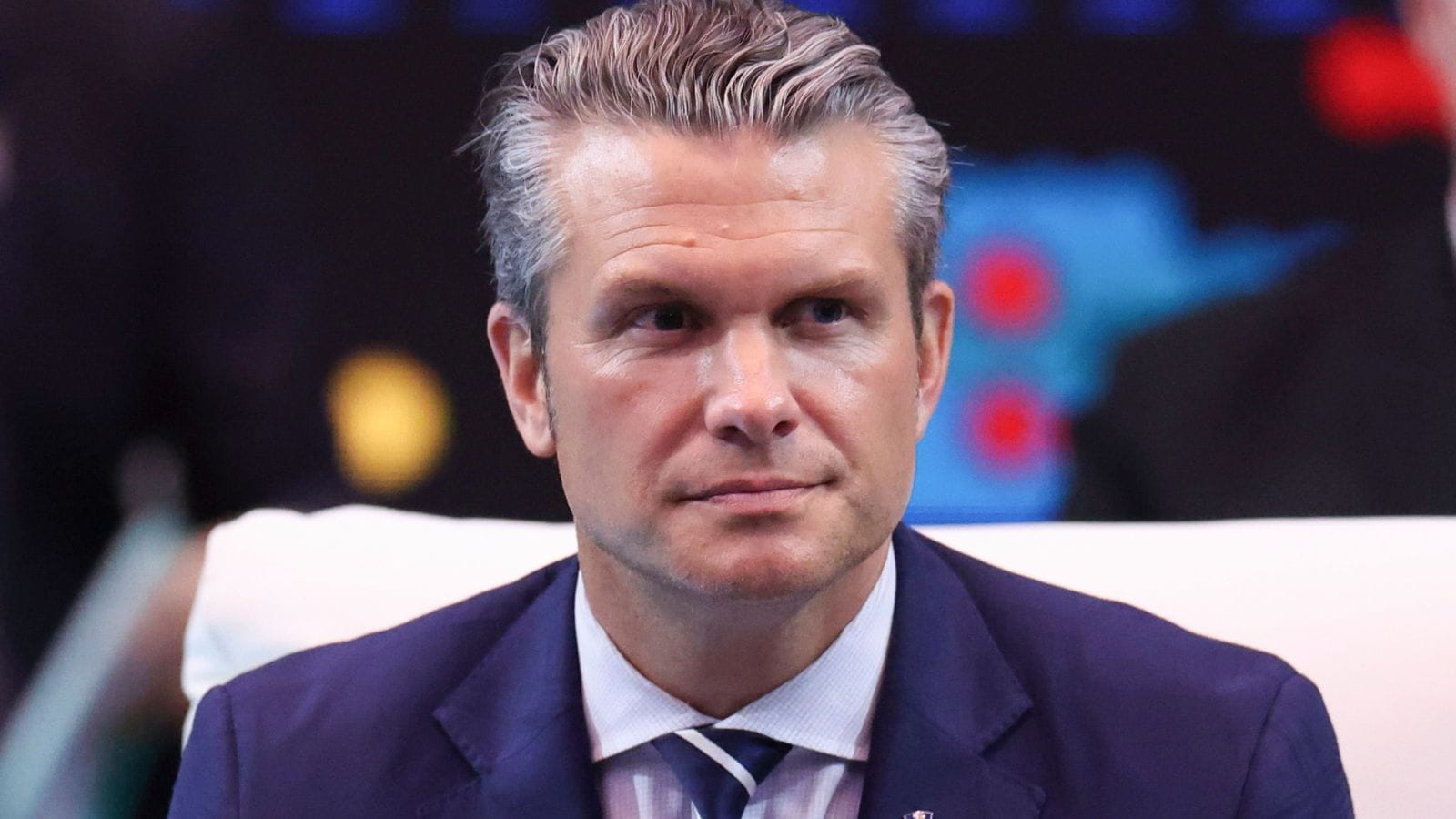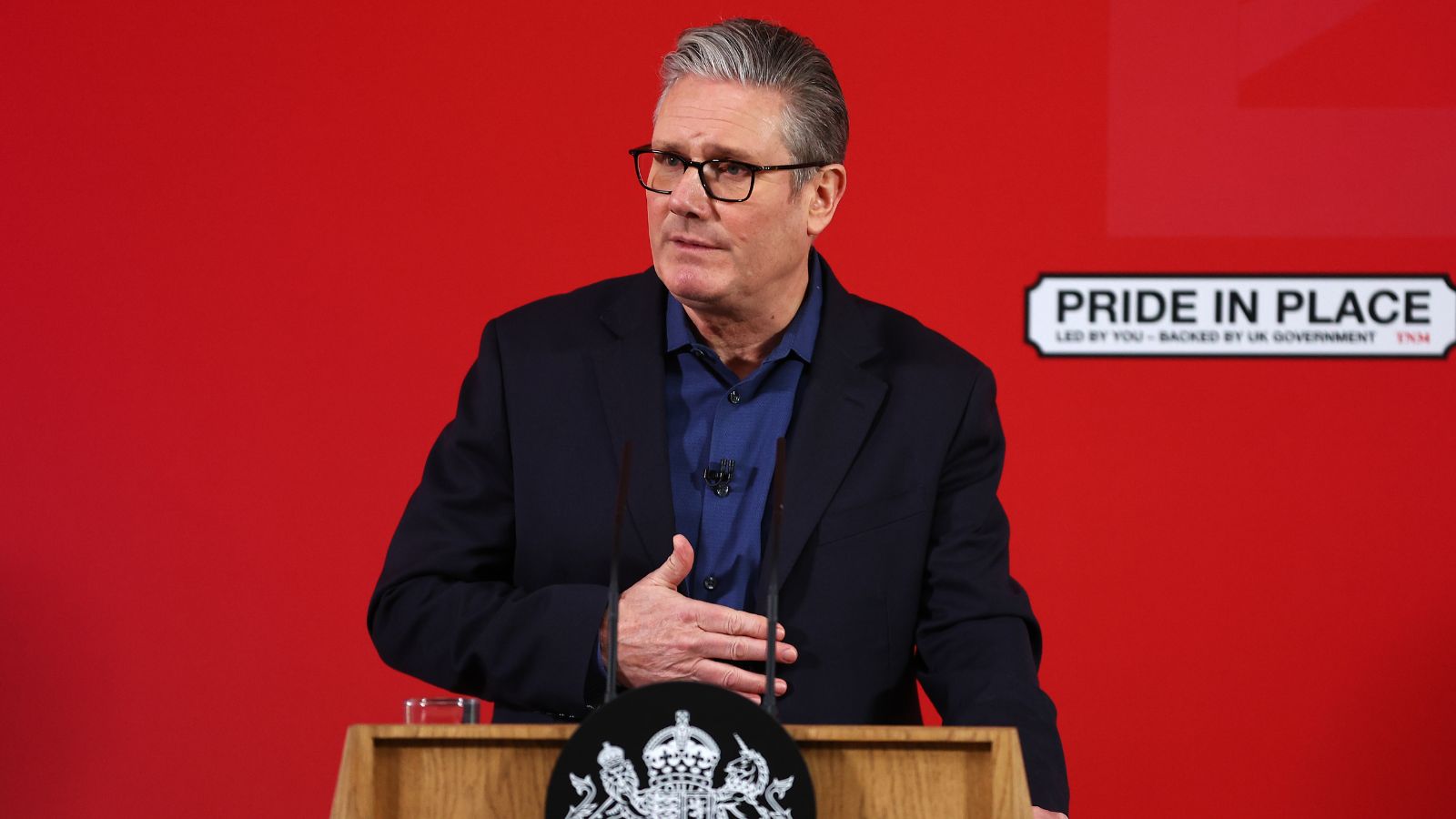
United States Defense Secretary Pete Hegseth Sunday said that Washington and Beijing would establish military communications channels, adding that bilateral ties between the countries have “never been better.”
Hegseth said he spoke with his Chinese counterpart, Admiral Dong Jun, late Saturday on the sidelines of a regional security meeting and that they agreed that “peace, stability and good relations are the best path for our two great and strong countries.”
His remarks posted on X came hours after he urged Southeast Asian nations to stand firm and strengthen their maritime forces to counter China’s increasingly “destabilising” actions in the South China Sea.
“China’s sweeping territorial and maritime claims in the South China Sea fly in the face of their commitments to resolve disputes peacefully,” Hegseth said at a meeting with his counterparts from the Association of Southeast Asian Nations (ASEAN) on Saturday.
“We seek peace. We do not seek conflict. But we must ensure that China is not seeking to dominate you or anybody else,” he added, according to AP.
The South China Sea remains one of Asia’s most volatile flashpoints, with Beijing claiming almost the entire region, while ASEAN members — the Philippines, Vietnam, Malaysia and Brunei also claim ownership of its coastal areas and features.
The Philippines, a key US ally, has had frequent clashes with China’s maritime fleet. Manila has repeatedly urged a stronger regional response, but ASEAN has traditionally sought to balance caution with economic ties to Beijing, the region’s largest trading partner.
Trump’s meeting with Chinese President Xi Jinping in South Korea earlier this week “set the tone for everlasting peace and success for the US and China,” added Hegseth, who left Malaysia on Sunday for Vietnam.
Disputes over Scarborough Shoal
In his meeting on Saturday, Hegseth criticized Beijing’s recent declaration of the Scarborough Shoal — seized from the Philippines in 2012, as a “nature reserve.” He said it was “yet another attempt to coerce new and expanded territorial and maritime claims at your expense,” reported AP.
He urged ASEAN to hasten the conclusion of a long-delayed Code of Conduct being negotiated with China to govern behavior in the sea.
He also proposed developing shared maritime surveillance and rapid-response systems to deter provocation. A “shared maritime domain awareness” network, he said, would ensure that any member facing “aggression and provocation is not alone.”
He also welcomed plans for an ASEAN-US maritime exercise in December to strengthen regional coordination and uphold freedom of navigation.
China rejected US criticism of its maritime conduct, accusing Washington of interfering in regional affairs and provoking tensions through its military presence.
(With inputs from AP)







